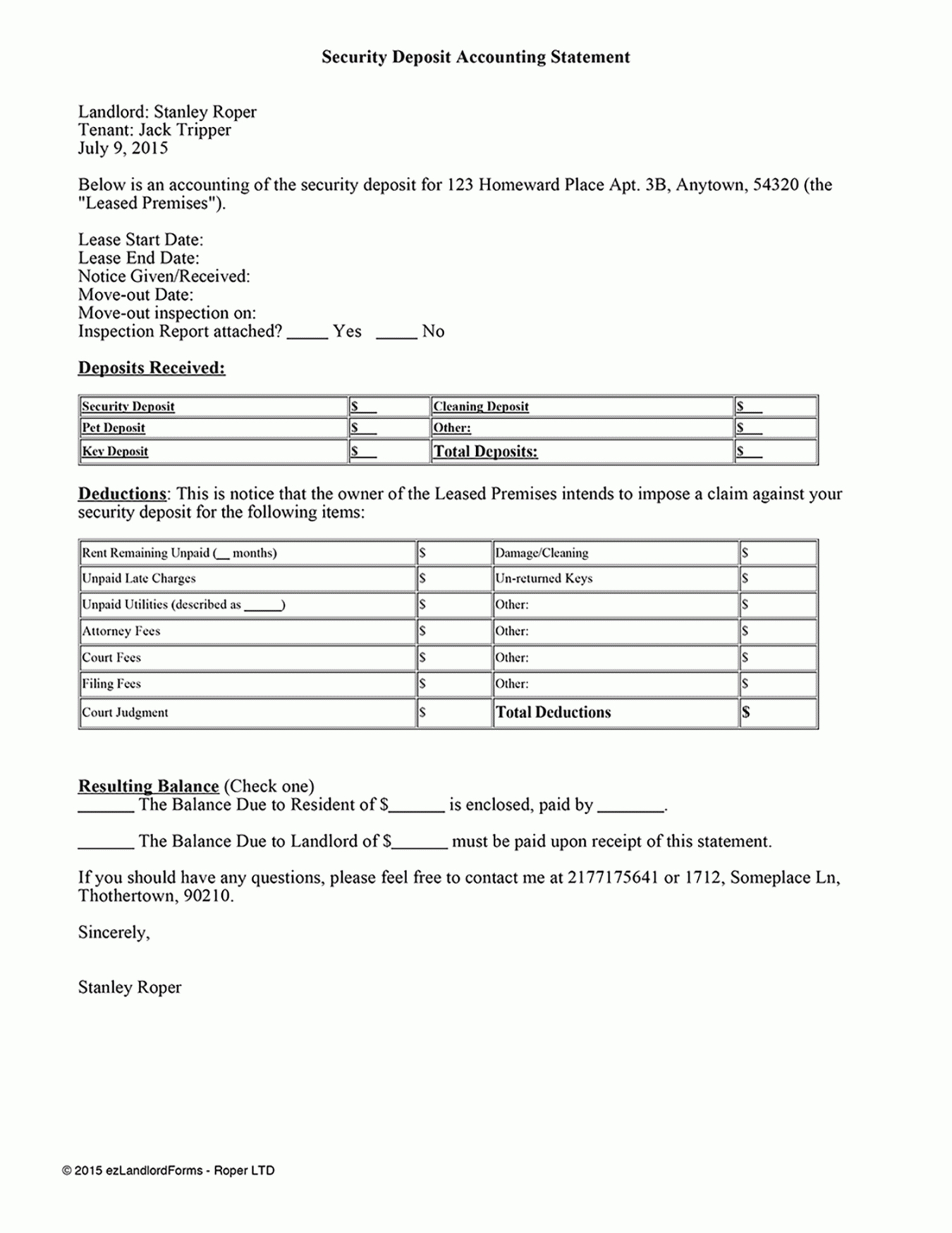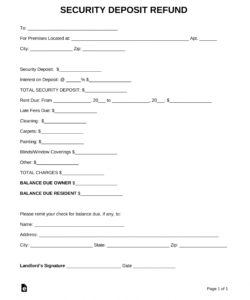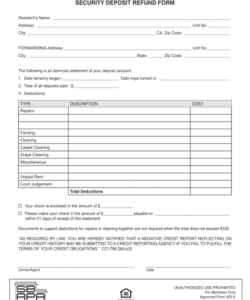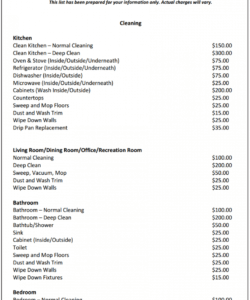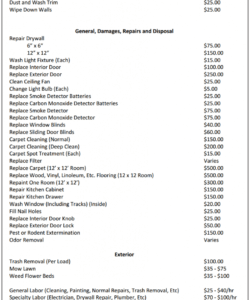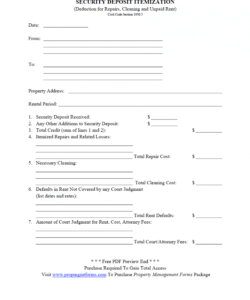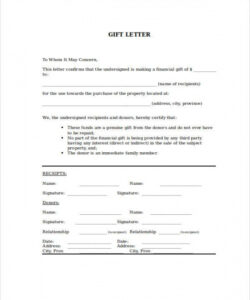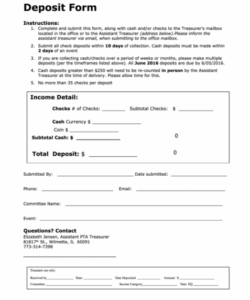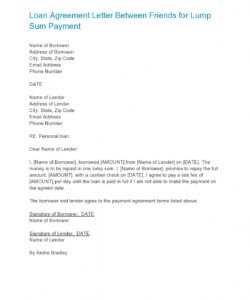Itemized security deposit deduction form, Lanlord or renter Law isn’t among my general areas of practice, but just like every attorney, I have friends who frequently ask my advice about legal issues with which they’re faced. Recently, a friend asked for my help in corresponding with her former landlord regarding fees taken from her rental safety deposit she felt were unwarranted.
It’s common to find people disinterested in lieu of Deposits or CDs. Most people don’t realize that there’re several investment choices that fall between the range of savings account and stock market. Such choices often provide guaranteed returns on investment and also don’t need a large capital for investment. Certificates of Deposits are among these investments. Certificates of deposit are savings deposit balances of special type in which a promissory note is issued by the lender. Technically they’re not investment balances, but still they provide interest rates higher than the normal savings accounts. It’ll be better to call these notes”timed deposits” that come with the restriction of not withdrawing the money before adulthood. Interest earned is returned to the certification holder upon maturity of CD. Interest may be compounded daily, monthly or yearly depending on the type of CD that you pick.
As landlord / tenant issues are among the most frequent legal questions I get from friends, I’d like to go over rights and responsibilities concerning security deposits in this post. At the end I will include a sample letter you can send to your landlord for return of your deposit. Please note all information in this post is unique to California law. The laws of your state or authority may differ. Many nations provide tenant’s handbooks that would include important laws, or you should contact an attorney licensed in your jurisdiction for assistance.
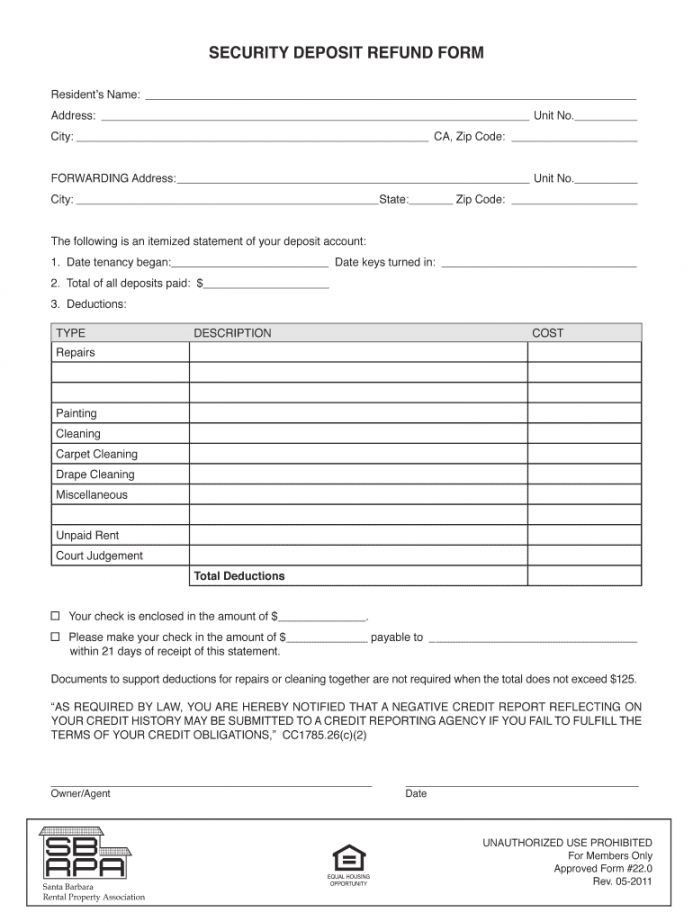
Every time a tenancy is renewed that the insurance on the deposit must also be revived for example when the landlord has a six monthly Assured Shorthold Tenancy and writes a new tenancy agreement at the conclusion of the six months then the deposit must also be renewed. To save on expenses many landlords difficulty a tenancy for a fixed term period with a clause saying that the lien becomes a monthly contractual lien at the end of their fixed term. By having one tenancy for the length of the time a tenant is at the property the landlord need only pay 1 fee to defend the deposit.

